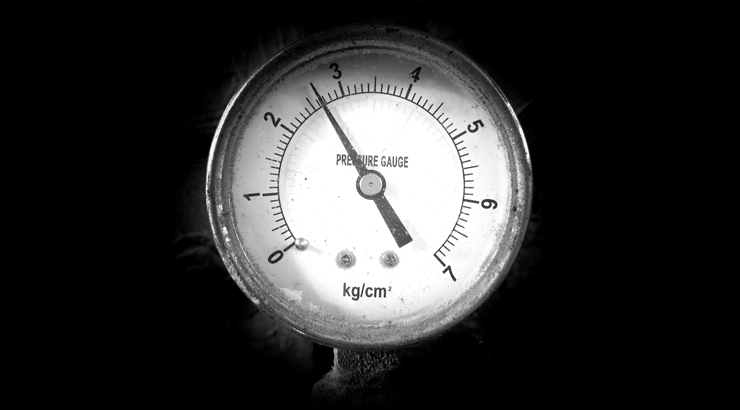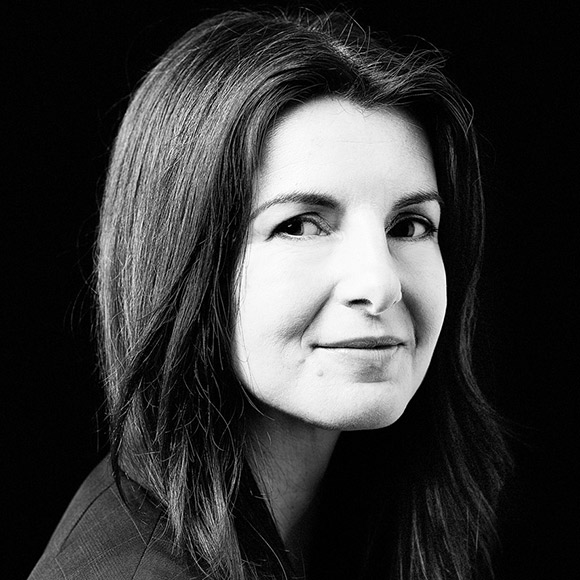
Last week I spent an inspiring and thought-provoking day at Do Stress an ideas day run by the brilliant people at Do Lectures. They brought together a stella line-up of global speakers, each sharing 10 minutes of insightful information on the subject of stress.
The speakers covered topics such as conflict resolution, high-performance sports, nutrition, breathing, purpose, physical health, mindfulness, happiness, the office environment and new models of working.
The information and experiences they shared were engaging, insightful and very useful. They offered everyday practical solutions to help manage your stress, and look after your own wellbeing, all with the intention of learning how to reduce the impact of stress on your life.
It was all extremely good.
When you delve deeper into the subject of stress, the first piece of advice that’s usually given is to learn how to manage your stress levels by participating in activities to reduce the amount of stress you’re experiencing.
Guidance on stress often advises you to:
Change your environment.
Breathe deeply.
Have a massage.
Exercise.
Sleep more.
Meditate.
Change your work routine.
Unplug.
These things can all have a significant affect on helping you to reduce the tension that stress creates by getting you into a more relaxed state and to enhance your overall wellbeing.
They take you from tension (the affect of stress) to relaxation (the reducer of stress).
These methods are really affective while they’re being practiced or maintained, but the unfortunate thing is that once you stop participating in them, your stress levels can very quickly build up once again.
To combat everyday stress, it’s helpful to look in another direction, one that takes you beyond relaxation techniques. It’s to look in the direction of the experience of stress and what creates it.
Stress is a completely individual experience. One persons stress can be another persons joy. For example, for most people, jumping out of a plane with a parachute would be an extremely stressful experience, yet for a professional skydiver it’s an absolute joy.
So how can we have such different experiences of stress even if we experience the same circumstance as someone else? Why is it that a colleague you work with doesn’t seem half as stressed as you are about hitting a deadline?
It’s because stress is an inside-job and surprisingly not to do with the circumstance. It’s to do with what you think about the circumstance.
It’s to do with the content of your thinking that you’re experiencing in that moment.
You experience stress when you have stressful thoughts that trigger a physical response, creating tension in your body. Now, what type of stressful thoughts you have is purely down to you individually. They will arise from your beliefs, concepts and perceptions about a particular circumstance.
A circumstance is actually psychologically ‘neutral’ until you paint it with the brush of your own thoughts.
So does this mean the solution to stress is to learn how to manage your thoughts? No. Managing your thoughts adds even more thought. It’s changing one thought for another. It’s evaluating what is a ‘good’ thought or a ‘bad’ thought.
You might say “Well, if I change my thoughts to relaxed thoughts then surely, from what you’re saying, I will feel relaxed in my body?”
For a very short period of time you might, however this is still changing thought for thought and takes a lot of conscious effort, energy and commitment.
The way to truly experience a dramatic reduction in the tension that stress creates is to have a lot less thoughts on your mind.
When you experience activities that make you feel relaxed, like a massage or meditation, these experiences take your focus away from your thoughts, so your body is able to relax.
When you begin to understand the nature of thought and how it creates your experience, the by-product of understanding is that you can experience deep states of relaxation during circumstances that are typically perceived as stressful.
That is the state of flow. And it’s a stress-free zone.










 If you’d like to connect, have an informal chat or just find out what’s possible, then please send me a message via the contact form. I love to answer inquiring questions from curious minds.
If you’d like to connect, have an informal chat or just find out what’s possible, then please send me a message via the contact form. I love to answer inquiring questions from curious minds.




